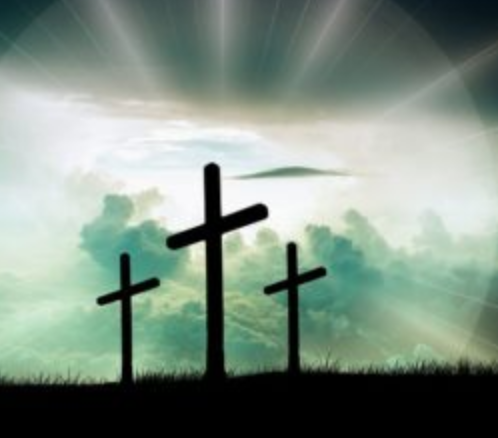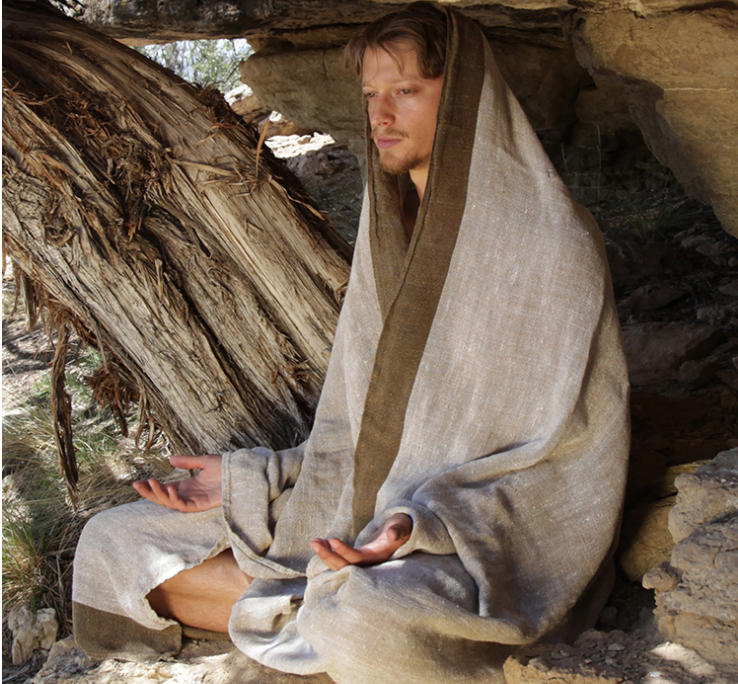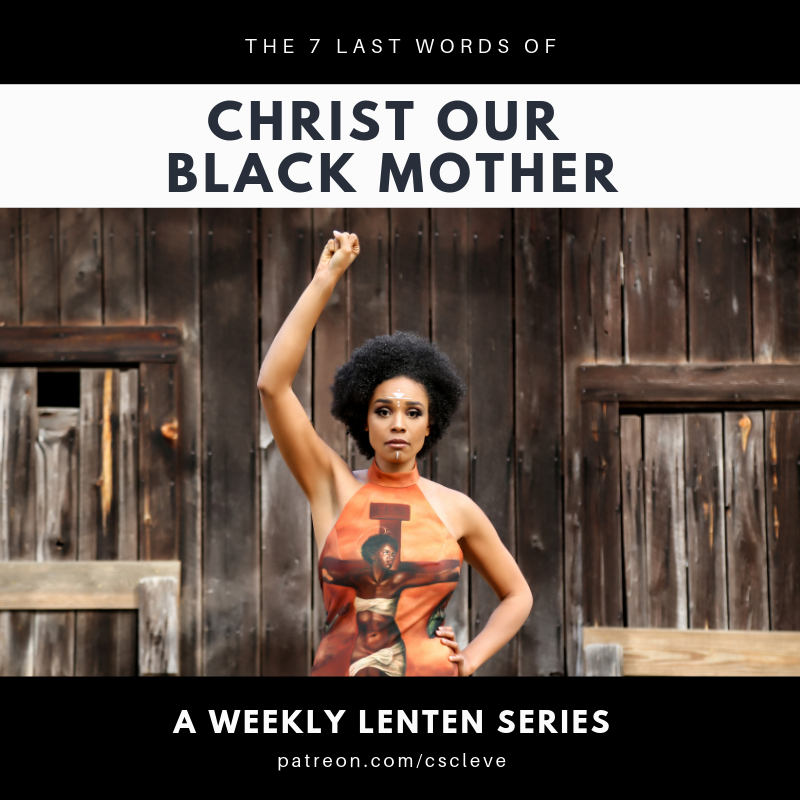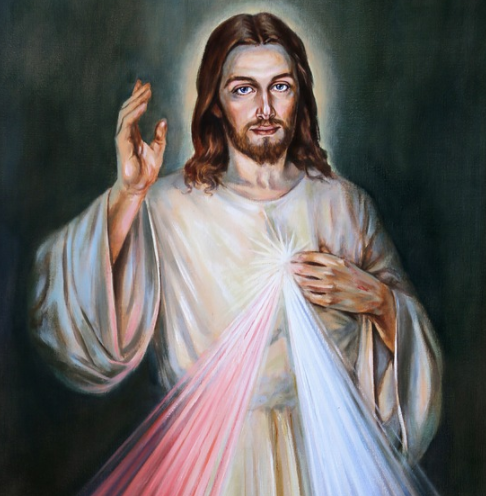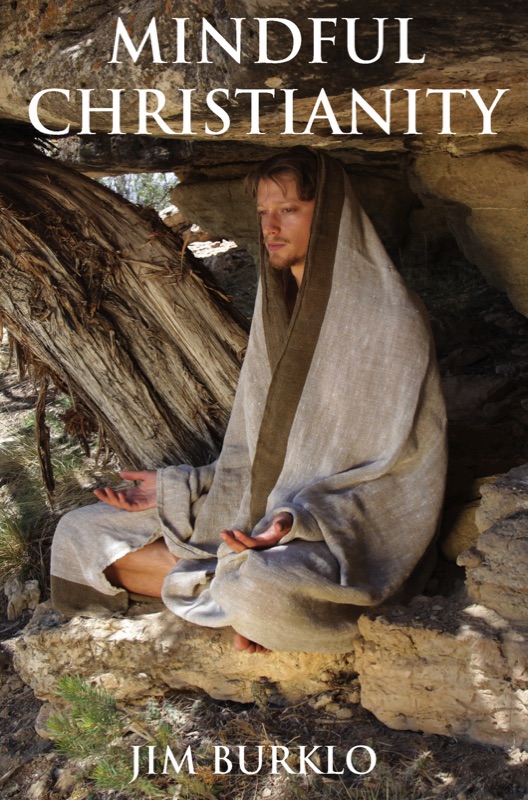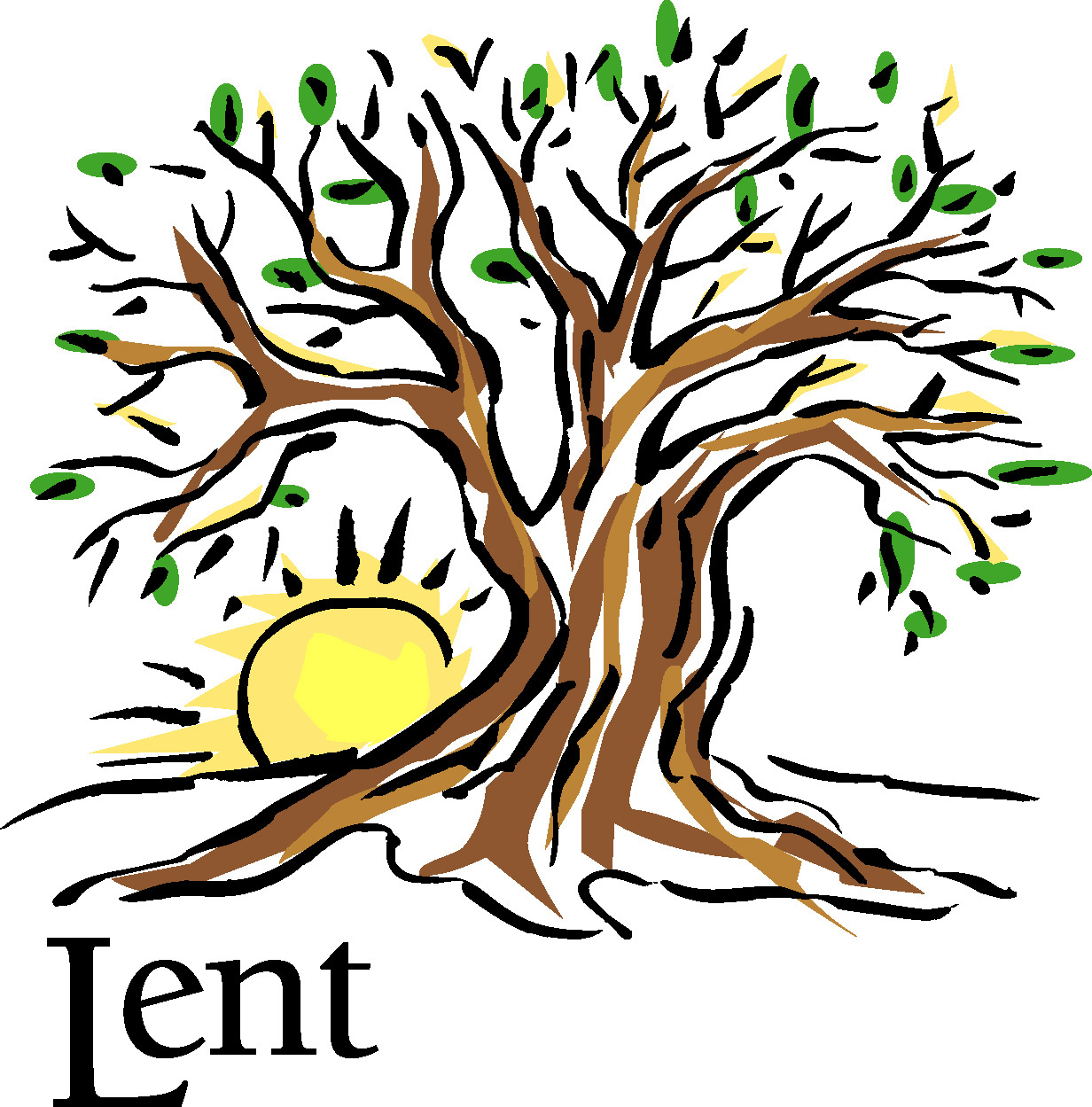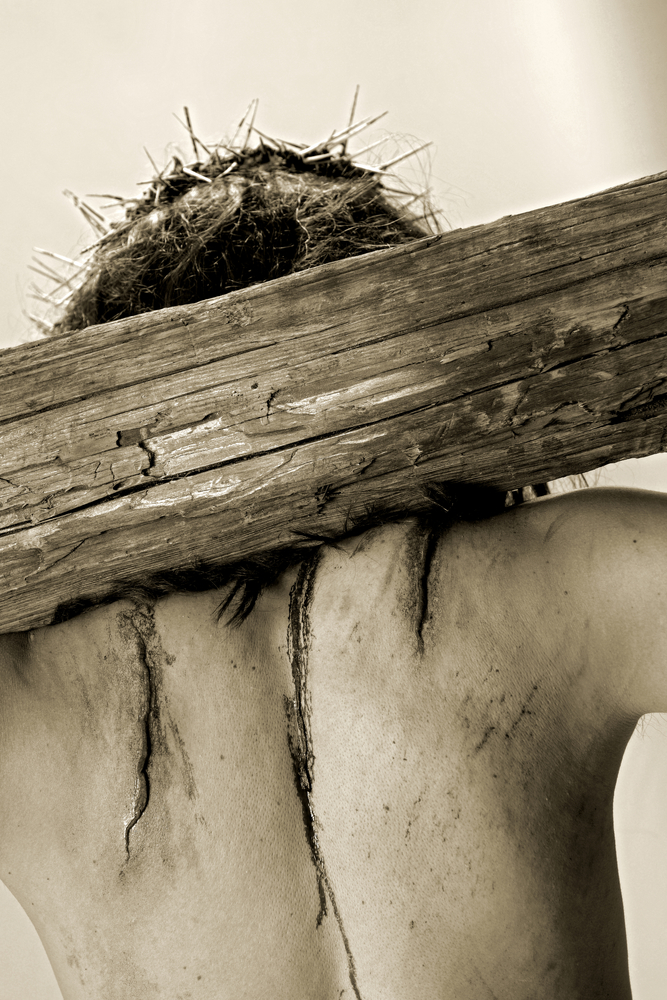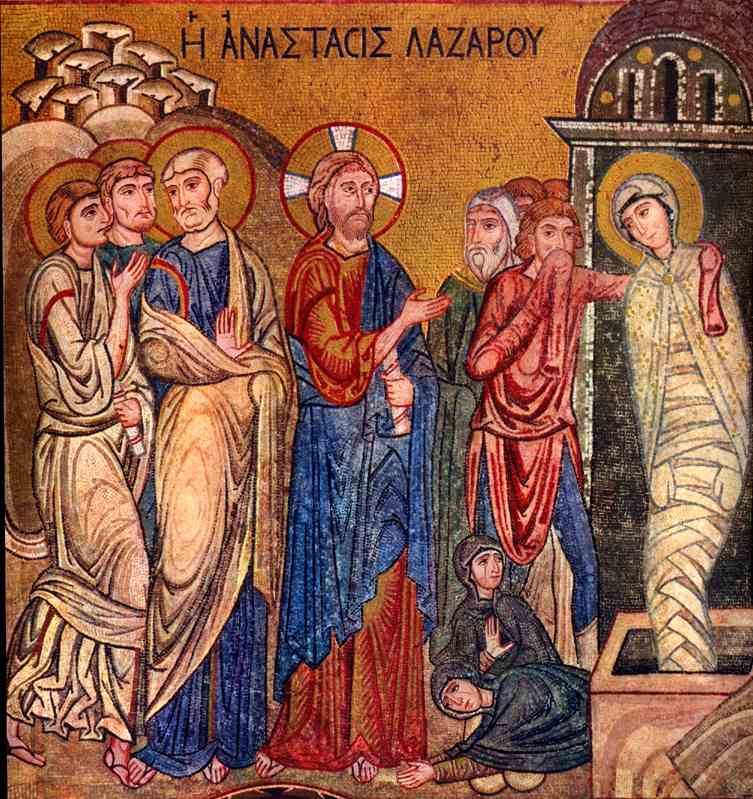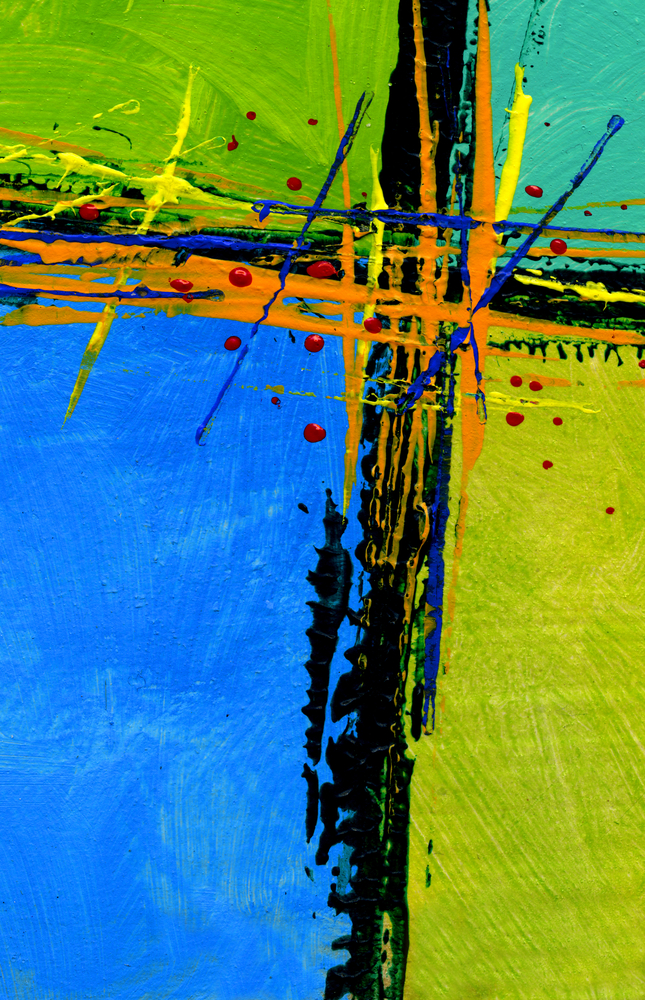I'm inviting folks to engage with 14 of the questions that Jesus asked his followers during his ministry. From Ash Wednesday, 2/22, through Easter
Easter, Ascension, and Pentecost do not form three seasons. The Easter season celebrates the three dimensions of the resurrection, ascension, and the sending of the Spirit.
Even and especially in these difficult times, the Lenten journey can be an encouraging, enlightening path to hope, resilience, and new life.
Most years, sometime during the season of Lent, Jewish people observe Passover. I knew a little bit about it, but I learned a lot more at a friend’s son’s Bar Mitzva last week. The weekend of this Bar Mitzva included the Sabbath of the red heifer. I listened transfixed as the Rabbi spoke about it.
Now, I know Jesus taught his disciples to love their enemies and pray for those who persecute them. And following Jesus is something I take super-seriously. But I’m angry and worried, and pretty much everyone in the United States is. It isn’t easy to follow those particular instructions.
So why did I find this Lent so difficult? Loving our enemies is tough because it doesn’t mean overcoming disagreement; it means loving one another, protecting one another, caring for one another in spite of disagreement.
A practice for individuals and churches
You can “walk” these stations by practicing one station per day, from March 20 through Good Friday, April 2 – or at any other time or manner during Lent (Ash Wednesday, February 17, until Easter Sunday, April 4).
According to the Torah, on the Sabbath you can pick up an apple that naturally falls from a tree onto the ground, but you can’t pick it from the tree. Mindful Christian meditative prayer practice is very similar. In it, we take time to see things as they are, without interfering with them or trying to fix or change them.
During this precious Holiday Season for all religions and all people everything seems so much better when a candle is burning. It represents to me that God is Coming to help ascend into our higher nature, a nature that we all possess virtue of God creating us in his or her image.
A Rationale for Religious Ritual When the Rationality of Words Fail Us
When there is an absence of conscious symbolic ritual, what happens with such a lack of awareness about the power that signs and symbols play in our lives, and the depth or richness of value and meaning they provide? How can we otherwise express what is ultimately inexpressible?
This is public theology. As precious Patrons, I’m inviting you in to my theological process. Beginning on Ash Wednesday (March 6) and concluding on Good Friday (April 19), each week I will publish a photo and brief reflection on each of Christ’s 7 Last Words on the Cross.
Lent marks the sacramental period of deep and sincere reflection on the meaning of Easter and the miracle Jesus' death and resurrection. Its 40-day duration symbolizes Jesus' 40-day prayer fast in the desert in preparation for the completion of his work on Earth and his ultimate spiritual transformation. For Christians, it's a time of moderation, repentance or purification in like preparation for the powerful - and mystical - events and significance of Easter.
By Anita Little
During one of the airless afternoons I spent in St. Rita Sunday school, our teacher gave us the exercise of drawing the
Lent is a kind of sabbatical: a break from the usual routines of our lives, over the forty-day period from Ash Wednesday until Easter. On the Sabbath, in the Jewish tradition, the prohibition from work is more precisely a break from doing things that interfere with Nature’s processes. According to the Torah, on the Sabbath you can pick up an apple that naturally falls from a tree onto the ground, but you can’t pick it from the tree. Mindful Christian meditative prayer practice is very similar. In it, we take time to see things as they are, without interfering with them or trying to fix or change them. Once we know what is, we can then think and act wisely on what ought to be.
In the larger scheme of life, I believe that the great challenge of western culture is to connect with our souls, our inner being, the “still small voice” that urges us to be this or do that. In the busyness and challenges of life it is easy to push aside that inner light and get on with the demands of work, family, and all the responsibilities life brings. The temptation is to live on the surface of life and neglect its depths.
Lent has come again (quite early this year!), and we should use it to start developing some of our atrophied spiritual muscles, like practicing solidarity. At its best, Lent is an opportunity to take up a spiritual practice, as opposed to superficially avoiding sweets. Learning how to listen for the sake of building solidarity is an essential practice for progressive Christians. Doing so is necessary if we are to break out of the mold we so often find ourselves caught in when it comes to relating to the suffering of others.
(This is adapted from emails I sent to students, faculty, and staff in the course on mindfulness I'm teaching at the USC Keck
There is one "Musings" reader whose perspective matters particularly to me. Her name is Roberta Maran, and she happens to be my wife. She read my post last week and when I asked her what she thought, she told me she was disappointed.
I thought I'd pretty well covered the territory in a "musing" I wrote a few years ago called "The Varieties of God", a listing of the many alternatives along the spectrum between traditional theism and atheism. But Ryan Bell has added a new one: provisional atheism. Godlessness for the time being. He's gone public with this status, and I intend to follow his "Year Without God" blog to see how it goes for him.
Progressive Christians like to stretch our minds. That means we can stay in our heads way too much. That’s preferable to not going there at all. As they say, many people are lost in thought because it’s such unfamiliar territory.
The dry bones raised by Ezekiel are a metaphor for those who died in the service of God’s justice: those who died working to restore God’s distributive justice-compassion to God’s Earth, and who themselves never saw the transformation. The army of dry bones is an army exiled from justice. Fairness demands that if Jesus was resurrected into an Earth transformed into God’s realm of justice-compassion, then all the other martyrs who died too soon should also be raised with him. “But in fact,” Paul writes in 1 Corinthians 15:20, “Christ has been raised from the dead, the first fruits of those who have died.” It is the Christ – the transformed and transfigured post-Easter Jesus – who has started that general resurrection, which restores justice-compassion to a transformed Earth. The transformation has begun with Jesus, and continues with you and me – IF we sign on to the program.
One of the most reliable facts concerning Jesus is that he was crucified during the reign and by the action of the Roman procurator, Pontius Pilate, who served by appointment of the Caesar from 26-36 CE. The Roman senator and historian Tacitus referred to Jesus’ execution by Pilate in his Annals, which was written circa 116 CE. Beyond that, however, there is not much historical evidence.
The Gift of Mortality
Avowed atheist Susan Jacoby recently created a dust up with a recent article in the New York Times Sunday Review entitled, “The Blessings of Atheism.” She wrote in response to all the god-talk that appeared in the immediate aftermath of the Newtown massacre; with all those unanswerable questions or inadequate answers to human suffering and death so often peddled in popular religious belief. So too, not long ago author and “non-believer,” Christopher Hitchen’s posthumously published his little book Mortality; recounting his rambling thoughts on his own imminent demise; after a terminal diagnosis left him a sufficient number of days to find himself “deported from the country of the well across the stark frontier that marks off the land of malady.” But what, or where to, after that? What if this really is all there is? It seems there has always been the human hankering to imagine all kinds of fanciful notions, in our attempts to recapitulate our mortal existence into something more than it is. Many religious traditions, including centuries of “mainline” orthodox Christianity, employ great mythic stories to describe a life subsumed into something greater than we can either know, or grasp, except by “faith.” Heaven knows, some folks try to better themselves, merely in the hope of a remote possibility there something more, after our death, which is a certainty. But in the end, is it all dust and ashes? And is that OK? This is the liturgical time of year when many in the Christian tradition undergo a seasonal pilgrimage in which the faithful are reminded at the onset we mortals are nothing more than dust. And so we will one day return to that from whence we came. Then the traditional forty days end with the perennial re-enactment of a passion play commemorating the mortal demise of the one whom Christians even these many centuries later would profess to follow. Many do so in the hope of some kind of immortality for themselves in some indecipherable form or other; attributing to Jesus a “resurrection” that means the same thing to them as god-like immortality; while others of us may find such imaginings to be not only reasonably implausible, but of less importance than what we take to be of greater significance and meaning in this faith tradition. Otherwise, the vainglorious hope of immortality can become so enshrouded in our mortal fears that we become – like Lazarus in his early grave – so wrapped up in death that we fail to truly acknowledge and appreciate the gift of our mortality for what it is; nothing more, nor less. With the certain assurance then that we are but dust and ash, we can ask ourselves if the gift of our mortality is not only enough, but more than enough? And if so, as the psalmist says, how then shall we “number our days, that we may apply our hearts to wisdom?” (Psalm 90:12)
Lent has not been going well for me. One of the downsides to home-churching is that every planned activity falls on my husband
When we look at the entire story of Jesus, including his teachings as well as his life, it seems clear his path always presumed a spiritual death before one could experience new life or rebirth. His hodos required a death to the old before there could be a birthto a new way of seeing, a new way of understanding and experiencing life.
The message is that God’s intention – the order of the universe – is distributive justice-compassion. To live in the light is to transform water to wine: to bring healing to everyone, whether they are the children of collaborators with oppression, or ingrates that game the system.
What is Holy Thursday about? Will we be thrown by the fact that Scripture scholars will say to us that maybe there wasn’t a “last supper?"
Further, if John Dominic Crossan’s interpretation of Paul’s letters is correct – or at least on the track – the dry bones raised by Ezekiel become a metaphor for those who died in the service of God’s justice; those who died working to restore God’s distributive justice-compassion to God’s earth, and who themselves never saw the transformed earth.
A connection that is not usually made with John’s Gospel in the context of the festivals of Tabernacles and especially of Lights (Hanukah) is the apocalyptic story told in Daniel. This story is set in the time of the Exile; but it was written during the Maccabean uprising and defeat of the Syrian-Greek invaders of the 160s bce.
With chapter 7 the anti-Semitism that has haunted Christianity for centuries seems to become unavoidable.






